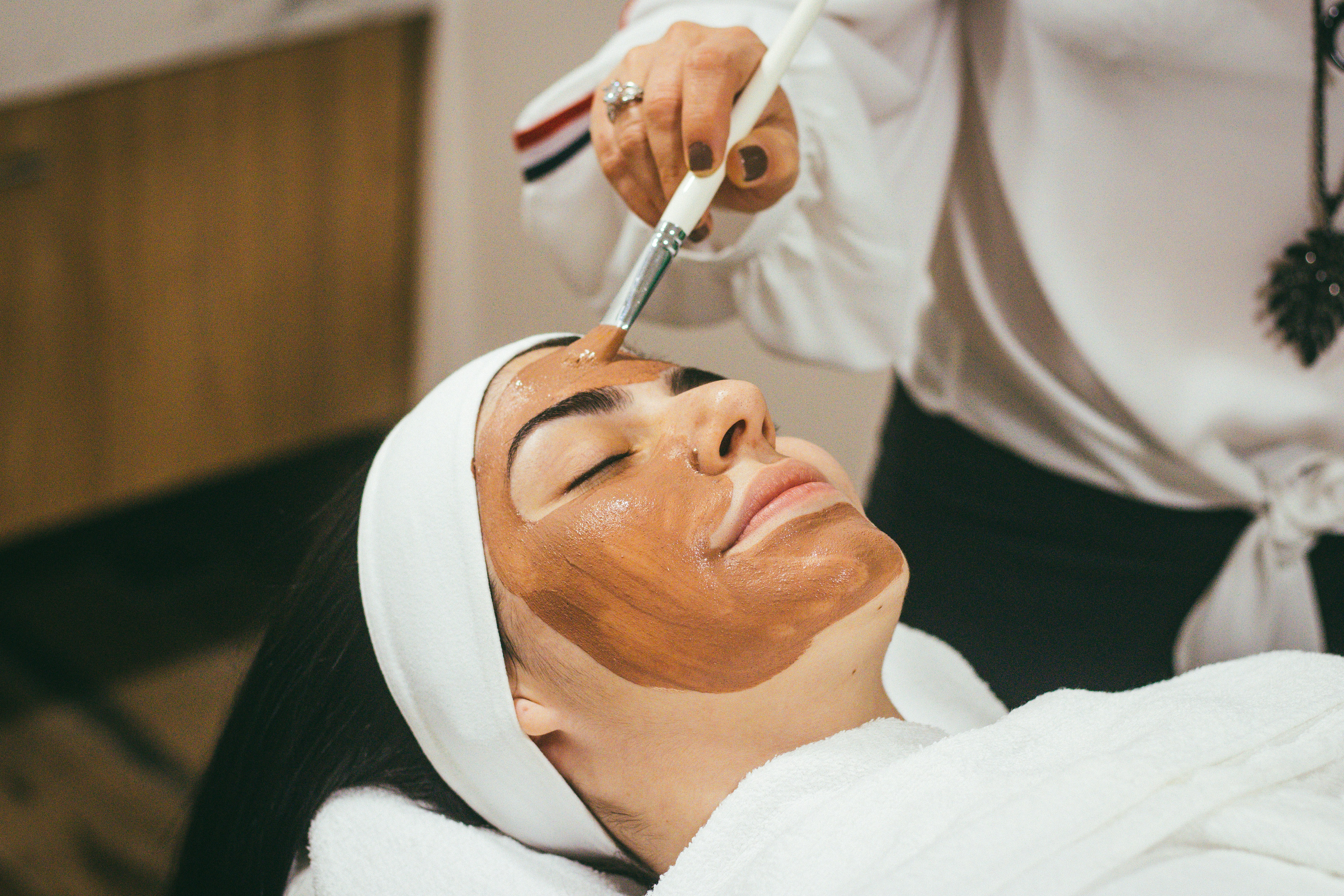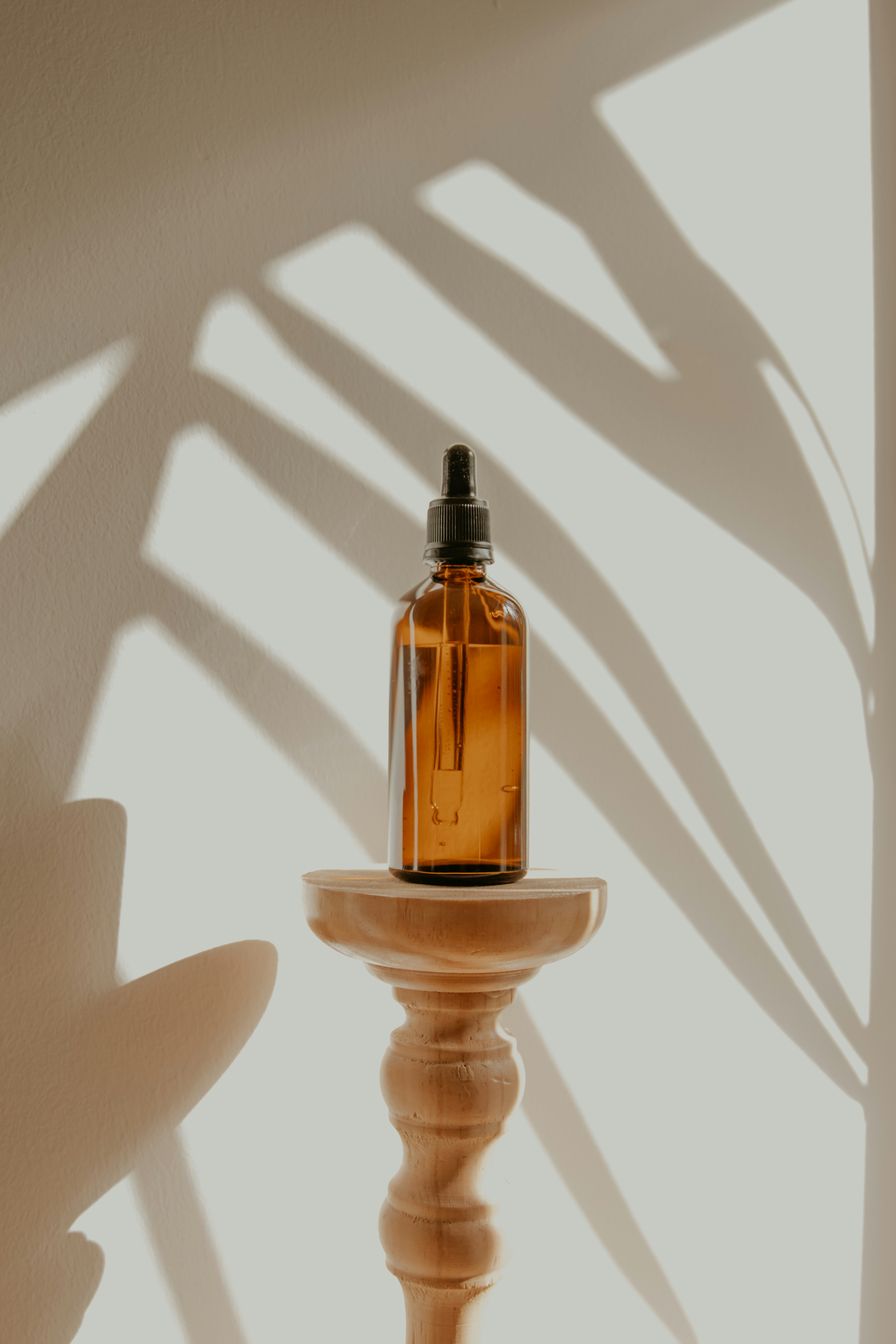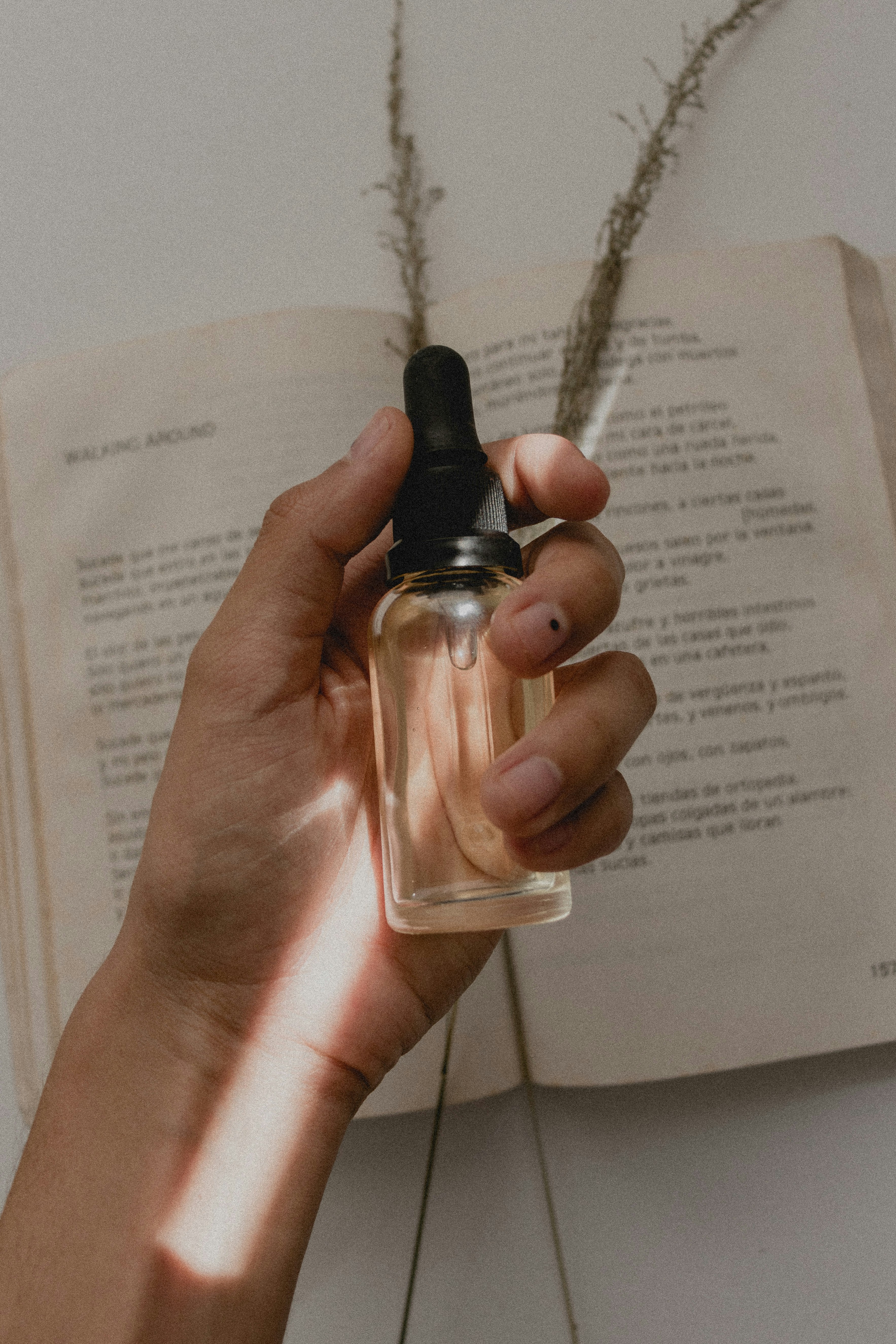Ever wondered what “glowing skin” really means? In the pursuit of healthy and radiant skin, the concept of glowing skin has become increasingly popular. But what does it actually entail? Beyond simply appearing bright and luminous, glowing skin encompasses a state of vitality and well-being that radiates from within. It is a reflection of good health, proper skincare, and a balanced lifestyle. Discover the true meaning behind glowing skin and learn how to achieve it effortlessly.

What is Glowing Skin?
Definition
Glowing skin refers to a healthy, radiant, and luminous complexion that is often associated with youthfulness, vitality, and overall well-being. It is characterized by a smooth and even skin tone, a natural radiance, and a youthful appearance. Glowing skin is often free from blemishes, dullness, and signs of aging, giving the skin a vibrant and healthy glow.
Characteristics
Glowing skin possesses certain characteristics that set it apart from other skin types. It is often well-hydrated, with a plump and smooth texture. The skin tone is usually even, without any noticeable discoloration or pigmentation issues. Glowing skin also tends to have a youthful appearance, with minimal fine lines, wrinkles, or visible pores. The overall complexion is bright and radiant, reflecting light and giving the face a natural glow.
Factors Affecting Glowing Skin
Internal Factors
Internal factors such as genetics, hormones, and overall health play a significant role in achieving and maintaining glowing skin. Genetics determine the natural complexion of an individual and their skin’s predisposition to certain conditions like acne or dryness. Hormonal balance, particularly during puberty and pregnancy, can affect the skin’s oil production and overall radiance. Additionally, a healthy internal environment, including proper nutrition and hydration, can positively impact the skin’s appearance.
External Factors
External factors like environmental conditions, skincare routine, and lifestyle choices can also influence the glow of the skin. Environmental factors such as pollution, sun exposure, and harsh weather conditions can damage the skin and lead to dullness. A consistent and appropriate skincare routine involving cleansing, toning, and moisturizing is essential to maintain the health and glow of the skin. Lifestyle factors such as smoking, excessive alcohol consumption, poor sleep, and high stress levels can also negatively impact the skin’s radiance.

Importance of Glowing Skin
Health Benefits
Aside from aesthetics, having glowing skin is a reflection of good overall health. When the skin is radiant and free from blemishes, it indicates that the body is functioning optimally. Glowing skin is often associated with proper hydration, balanced nutrition, and a well-maintained skincare routine. Additionally, a healthy complexion can be a sign of good blood circulation and efficient detoxification processes within the body.
Aesthetics and Confidence
Glowing skin contributes to a person’s overall appearance and can enhance their natural beauty. It helps in achieving a youthful and fresh look that can boost self-confidence and improve one’s perception of their own image. When an individual feels confident about their skin, they are more likely to be comfortable in their own skin and have a positive outlook on life. Glowing skin is often seen as a desirable trait and can be a source of pride for many.
Tips for Achieving Glowing Skin
Proper Skincare Routine
Establishing a proper skincare routine is crucial for maintaining glowing skin. This includes cleansing the skin twice a day with a gentle cleanser, followed by toning to remove any remaining impurities. Moisturizing the skin is essential to keep it hydrated and balanced. Additionally, using sunscreen daily protects the skin from harmful UV rays that can cause damage and premature aging.
Balanced Diet
A balanced diet rich in vitamins, minerals, and antioxidants is essential for achieving radiant skin. Consuming fruits, vegetables, whole grains, and lean proteins provides the necessary nutrients to support healthy skin. Foods high in antioxidants, such as berries, green tea, and dark chocolate, help combat oxidative stress and promote a youthful glow.
Hydration
Staying well-hydrated is vital for maintaining glowing skin. Drinking an adequate amount of water throughout the day helps flush out toxins, keeps the skin hydrated from within, and improves overall skin texture and tone. Herbal teas and infused water can also contribute to hydration while adding beneficial antioxidants.
Exercise
Regular exercise not only benefits overall health but also improves blood circulation and oxygen delivery to the skin. This increased blood flow nourishes the skin cells and gives the complexion a healthy glow. Engaging in activities like cardio, yoga, or pilates promotes sweat production, which helps detoxify the skin and unclog pores.
Adequate Sleep
Getting enough sleep is crucial for skin rejuvenation and maintaining a healthy glow. During sleep, the body repairs and regenerates skin cells, allowing the skin to heal and restore itself. Lack of sleep can lead to dull and tired-looking skin. Aim for 7-8 hours of quality sleep each night to promote glowing skin.
Stress Management
High-stress levels can have a negative impact on the skin’s health and appearance. Finding effective stress management techniques, such as meditation, yoga, or deep breathing exercises, can help maintain glowing skin. Chronic stress can lead to inflammation, breakouts, and an overall dull complexion. Taking time to relax and unwind can significantly improve the skin’s radiance.

Common Misconceptions about Glowing Skin
Unachievable without Expensive Products
Contrary to popular belief, achieving glowing skin does not require expensive skincare products. While quality products can certainly enhance the skin’s health and appearance, a consistent and balanced skincare routine using affordable products can yield great results. Focus on the basics, such as cleansing, moisturizing, and protecting the skin from the sun, rather than solely relying on expensive products.
Only for Young Individuals
Glowing skin is often associated with youthfulness, but it is not exclusive to younger individuals. People of all ages can achieve and maintain glowing skin by following a proper skincare regimen and leading a healthy lifestyle. It is never too late to start taking care of your skin and reaping the benefits of a radiant complexion.
Requires Significant Time and Effort
While maintaining glowing skin does require consistency and effort, it does not have to be an overly time-consuming or burdensome process. Establishing a simple and effective skincare routine and adopting healthy lifestyle habits can be incorporated seamlessly into daily life. With a little effort and dedication, glowing skin can be easily achievable.
Glowing Skin vs. Makeup
Glowing skin should not be confused with the use of makeup products designed to mimic a healthy complexion. While makeup can provide temporary radiance and enhance the appearance of the skin, true glowing skin comes from taking care of the skin’s health from within. Makeup can be used to enhance natural beauty, but it cannot replace the benefits of a nourished and well-maintained complexion.
Natural Remedies for Glowing Skin
Oatmeal Face Mask
An oatmeal face mask can help exfoliate and nourish the skin, leaving it soft and glowing. Mix together cooked oatmeal, honey, and yogurt to create a paste. Apply it to the face, leave it on for 15-20 minutes, then rinse off with warm water. Oatmeal helps remove dead skin cells, honey provides hydration, and yogurt adds a soothing effect.
Lemon Juice Toner
Lemon juice is a natural astringent and can help tighten pores, brighten the skin, and improve overall complexion. Dilute fresh lemon juice with equal parts water and apply it to the face using a cotton pad as a toner. Leave it on for a few minutes, then rinse off with water. Be cautious when using lemon juice as it can be drying, and avoid direct sun exposure afterward.
Honey and Yogurt Cleanser
A honey and yogurt cleanser can help cleanse and moisturize the skin, promoting a healthy and radiant glow. Mix equal parts honey and plain yogurt to create a gentle cleanser. Apply it to damp skin, massage in circular motions, then rinse off with warm water. Honey has antibacterial properties, while yogurt contains lactic acid that helps exfoliate and brighten the skin.
Green Tea Steam
Steaming the face with green tea can help open up the pores, remove impurities, and rejuvenate the skin. Brew a pot of green tea, allow it to cool slightly, and transfer it to a bowl. Place your face above the bowl, covering your head with a towel to trap the steam. Steam your face for 5-10 minutes, then rinse with cool water. Green tea is rich in antioxidants that soothe and protect the skin.
Aloe Vera Moisturizer
Aloe vera gel is known for its moisturizing and soothing properties, making it an excellent natural moisturizer for glowing skin. Apply pure aloe vera gel directly to the face as a moisturizer, allowing it to absorb into the skin. Aloe vera helps retain moisture and calms irritations, promoting a healthy and radiant complexion.
Medical Treatments for Glowing Skin
Chemical Peels
Chemical peels are a dermatological procedure that involves applying a chemical solution to the skin to remove dead skin cells and stimulate collagen production. This process helps reveal a fresh layer of skin, promoting a healthy glow and improving skin tone and texture. Chemical peels can be tailored to different skin concerns, ranging from mild to deep peels.
Microdermabrasion
Microdermabrasion is a non-invasive procedure that uses a device to exfoliate and remove the outer layer of dead skin cells. This treatment helps improve skin texture, reduce the appearance of fine lines, and promote a radiant complexion. It stimulates collagen production and allows skincare products to penetrate more effectively.
Laser Therapy
Laser therapy utilizes focused light beams to target specific skin concerns such as hyperpigmentation, acne scars, and uneven skin tone. The laser energy stimulates collagen production and promotes the growth of new, healthier skin cells. Laser therapy can improve skin texture and tone, resulting in a glowing and rejuvenated complexion.
Dermal Fillers
Dermal fillers are injectables that can help restore lost volume and plumpness to the skin. By filling in wrinkles and adding structure to the face, dermal fillers can provide a more youthful and radiant appearance. They can enhance the skin’s natural contours and improve overall skin texture and tone.
Botox Injections
Botox injections are commonly used to reduce the appearance of fine lines and wrinkles by temporarily relaxing the underlying facial muscles. By smoothing out the skin’s surface, Botox injections can give the skin a more refreshed and youthful glow. It is often used in areas such as the forehead, crow’s feet, and frown lines.
Common Skin Conditions that Affect Glow
Acne
Acne is a common skin condition characterized by pimples, blackheads, and whiteheads. It can disrupt the skin’s natural radiance and leave behind blemishes. Proper skincare, including regular cleansing and targeted acne treatments, can help manage acne and restore a healthy glow to the skin.
Dry Skin
Dry skin lacks moisture, which can lead to a dull and lackluster complexion. It often feels tight, itchy, and flaky. Regular moisturizing and hydrating the skin with products containing ingredients like hyaluronic acid can help restore moisture levels and promote a glowing appearance.
Hyperpigmentation
Hyperpigmentation refers to areas of the skin that appear darker due to an excess production of melanin. This condition can cause uneven skin tone and a lack of radiance. Treatments such as topical creams, chemical peels, and laser therapies can target hyperpigmentation and restore a more even complexion.
Rosacea
Rosacea is a chronic skin condition characterized by facial redness, flushing, and visible blood vessels. It can often make the skin appear inflamed and blotchy, affecting its natural glow. Gentle skincare products, avoiding triggers such as spicy foods and alcohol, and prescription medications can help manage rosacea and improve the skin’s appearance.
Eczema
Eczema is a condition that causes patches of dry, itchy, and inflamed skin. These areas can become rough and scaly, detracting from the skin’s natural glow. Regular moisturizing and the use of gentle skincare products can help manage eczema and maintain a healthy complexion.
Maintaining Glowing Skin in Different Seasons
Winter
During winter, the cold weather and low humidity levels can lead to dry and dull skin. To maintain a healthy glow, it is important to use thicker moisturizers, protect the skin with scarves and hats, and avoid taking hot showers. Additionally, using gentle exfoliants and incorporating hydrating face masks can help combat the effects of the cold weather.
Summer
In summer, increased exposure to the sun can cause skin damage and lead to a lack of glow. It is crucial to apply and reapply sunscreen regularly, seek shade during peak hours, and wear protective clothing. Using lightweight, non-comedogenic moisturizers and incorporating brightening serums can help maintain a radiant complexion during this season.
Autumn
Autumn brings cooler temperatures and fluctuating humidity levels, which can result in imbalanced skin conditions. It is important to continue with a consistent skincare routine and transition to more hydrating products. Incorporating nourishing facial oils and using gentle exfoliants can help maintain a healthy glow as the seasons change.
Spring
Spring is a time of renewal, and it is important to focus on rejuvenating the skin after the harsh winter months. Regular exfoliation to remove dead skin cells and applying lightweight, hydrating products can help reveal a radiant complexion. Additionally, incorporating antioxidant-rich serums and embracing the natural beauty of blooming flowers can enhance the glow of the skin.
Conclusion
Achieving and maintaining glowing skin requires a holistic approach that combines internal and external factors. By adopting a proper skincare routine, following a balanced diet, staying hydrated, exercising regularly, getting enough sleep, and managing stress levels, you can promote a healthy and radiant complexion. Natural remedies, medical treatments, and addressing common skin conditions can further enhance the skin’s appearance. Remember, glowing skin is not just about aesthetics; it is a reflection of your overall health and vitality. Embrace your skin and prioritize its care to unlock a natural and beautiful glow that radiates from within.

